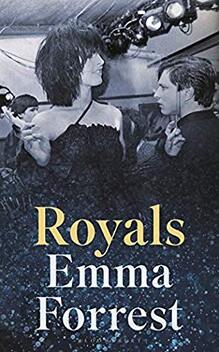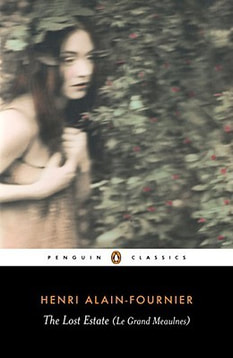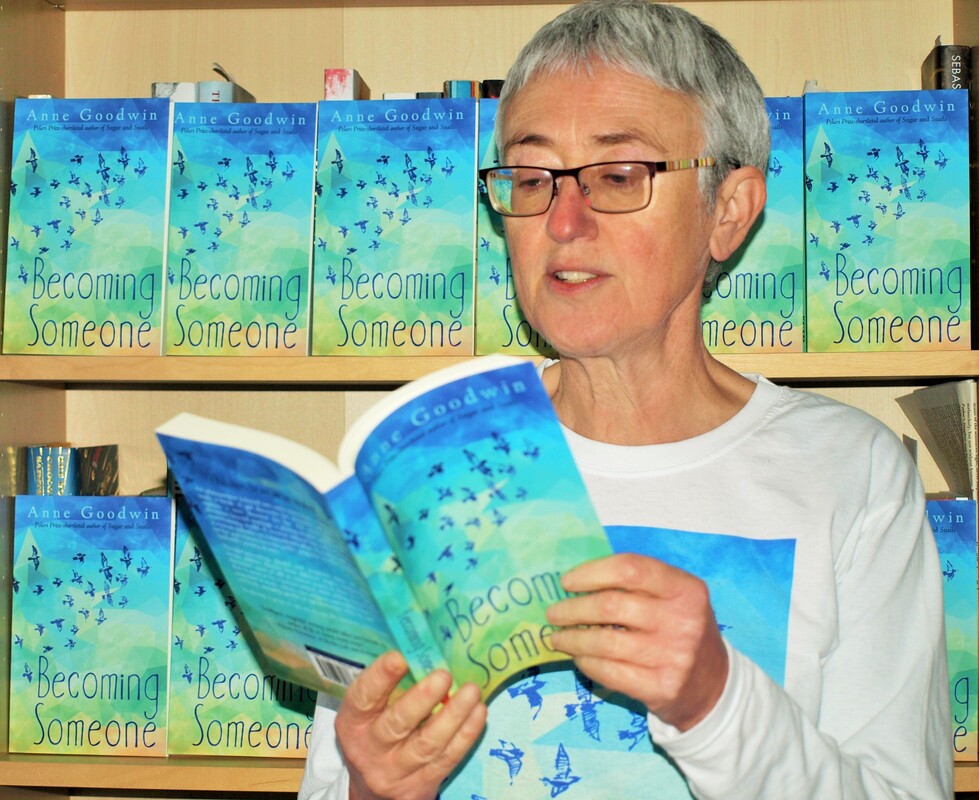Royals by Emma Forrest
Lounging around Jasmine’s Notting Hill townhouse, or chasing her whims through London, and even as far as Paris, they build dreams of a shared future when Steven is a celebrated designer and Jasmine is just more of the same. As they chat, and she consistently sidesteps allusions to her loneliness with ever more elaborate plans, Steven comes to realise how neglected and damaged his new friend is beneath the sparkly veneer. Although it was their vulnerabilities that brought them together, Steven had been battered and bruised by his father, whereas Jasmine had severely harmed herself.
Steven narrates the novel and I loved his voice from the first page. I loved how the details are lightly sketched in the opening scene to challenge the reader’s assumptions about what’s actually happening in the family home. It went downhill for me when he met Jasmine, partly because I couldn’t be as dazzled by her as he was, partly because the setting for their meeting didn’t ring true. Adults – albeit young adults – admitted to a children’s ward? Patients fit enough to wander the grounds but not discharged? A rich girl in an NHS hospital when London has plenty of private clinics?
Although I found it pleasant enough overall, the novel never recovered its initial promise. Clearly, the main focus is the relationship between the two young people, but a other settings also jarred. Steven, with no job, and seemingly not signing on the dole, can nevertheless find the funds to get home from Paris (Jasmine having paid for them to get there), as well as the nous to navigate the separate parts of the journey when he’s never travelled before. Then his mother enrols him in what he terms a “youth club” but sounds like daycare for much younger kids. If she wanted him out of the house and away from his father, why not pack him off to a museum? This might seem petty quibbles, tangential to the main thread of the story, but I liked Steven, and was more than willing to suspend my disbelief.
A coming-of-age novel about class, charismatic teens and the manic-depressive personality that romanticises self-harm and suicide. Thanks to publishers Bloomsbury Circus for my review copy.
The Lost Estate by Henri Alain Fournier translated by
Robin Buss
I hope I haven’t made the premise sound too interesting. I read this extremely dull French classic for my book group and wouldn’t have given it blog room but for the thematic similarities with Royals reviewed above. As I understand from Adam Gopnick’s introduction to the Penguin edition I read, this story of characters stuck in interminable adolescence, ever trying to recapture a perfect moment in time, has had a major influence of French literature, and possibly British too.
My impatience with this novel – I had no sympathy for any of the characters and just wanted to shout “Get a life!”, especially to François who seems to live vicariously through his friend – might be why I don’t “get” some contemporary French translations. For example, Anne Serre’s The Governesses, which describes a crazy house party similar to the one Augustin gatecrashes, might have made more sense to me if I’d known about this.
| It’s not that I don’t recognise the pull of the past – in fact, “In Search of Mr Right”, one of the stories in my collection on the theme of identity, Becoming Someone, is about a woman’s nostalgia for a man she only glimpsed in her teens – but I’m not going to indulge it, at least not now I no longer work as a therapist. When so many live with adversity, it seems a poor excuse for wasting one’s life. Perhaps the friend who chose it will change my mind at our book group meeting. Meanwhile, what do you think? Am I being too mean? |
























 RSS Feed
RSS Feed





















